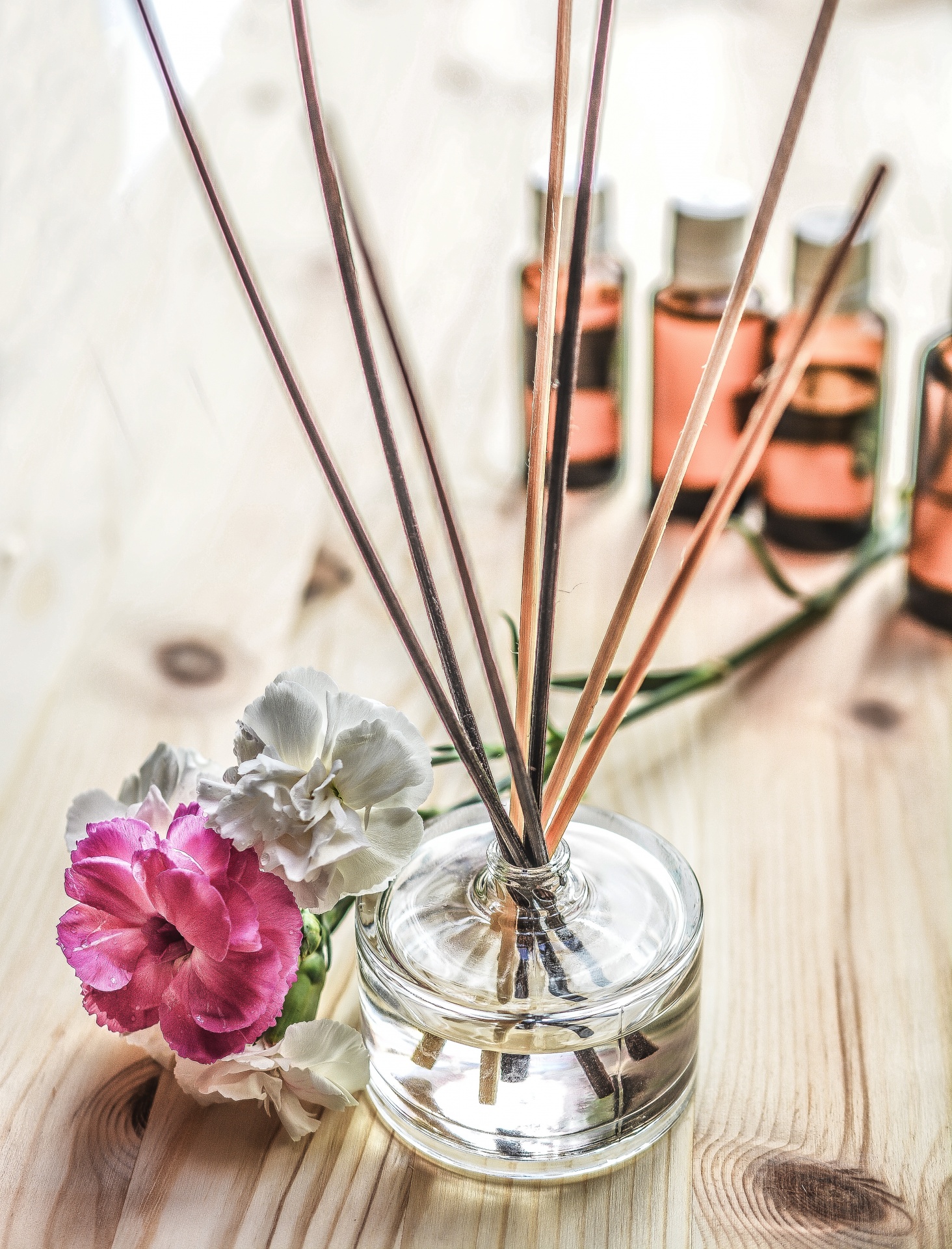
We are in an age of increased internet use, and the online world is booming. Millions of people use the internet to check their schedules, emails, bank accounts, make purchases and to engage with others. With online growth comes the increased risks associated with oversharing and failing to protect private information.
We’ve all seen the repercussions of unsafe internet usage in the news. The data-mining firm Cambridge Analytical recently came under fire for its misuse of 50 million Facebook users’ data mined from those who agreed to the terms of an online personality test. Thousands of people have dealt with cases of their private photos or information being spread on the internet by a third party. And, the number of online hackers and scammers is only rising.
So how can you protect yourself while still participating in the digital world? Here are a few important points to remember:
- Make a password and make it good. Having a password on your technology, important documents, or various web accounts may seem like a hassle, but it’s essential for your protection. If you lose your phone or laptop without a password, anyone who picks it up can get in and access your information. Creating a password makes accessing your personal information much harder.
- Read the fine print. Resist the urge to accept whatever agreement pops up on your computer when trying to access an application or site. Reading the fine print is important for understanding with who and where your data could be shared. You may find that the dangers of accessing that page outweigh the positives of using the product. If so, decline and go elsewhere for your online needs.
- Avoid scams. If you get a call, text, or email saying that there is a problem with an important account of yours, and if you are asked to share your social security or bank account information to fix it, be sure to check the validity of that statement with a verifiable source. Instances of imposters pretending to be account managers are common, and their ability to convince anxious users to quickly turn over their personal information makes them incredibly dangerous.
- Use trusted sites. If a website is safe to use, it will usually say so at the bottom of the page in some form. It is important to only access pages that are considered trustworthy, as some sites can be vehicles for computer bugs, viruses or hackers.





